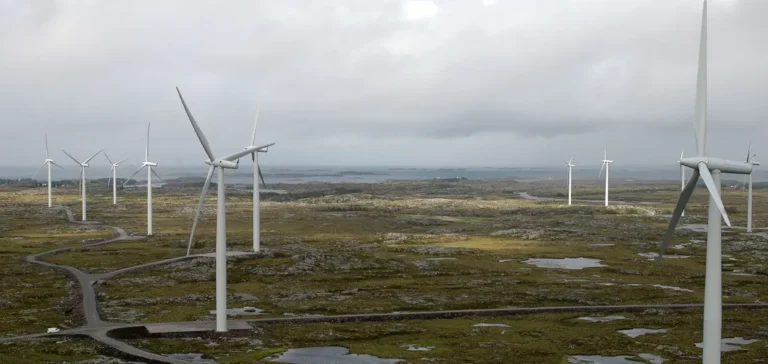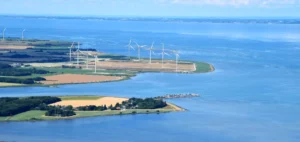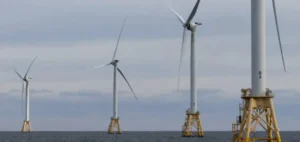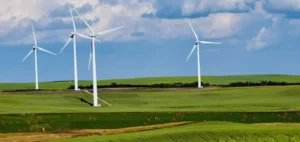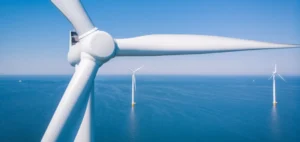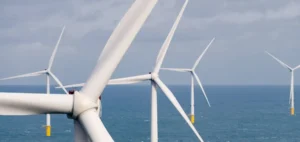On November 4, 2025, Norway’s Water Resources and Energy Directorate (NVE) made a significant decision by rejecting a proposal to build a wind farm in the northern Finnmark county. The Davvi project, intended to have a capacity of 800 megawatts (MW), was dismissed due to its potential environmental impact and its interference with traditional Sami reindeer herding practices.
The proposed site for the wind turbines is located in a vast natural area, the second-largest of its kind in Norway, which remains nearly untouched. The NVE highlighted that the project could cause “major, irreversible” damage to this pristine environment, a key factor in the region’s biodiversity and the way of life of local Sami communities.
Named after the Sami word for “north,” the Davvi project raised concerns about its impact on the indigenous culture, particularly reindeer herding lands, which are central to Sami identity and economy. The NVE clarified that the potential effects on these lands were incompatible with the need to protect the traditional Sami lifestyle.
Despite the rejection, the NVE emphasized the importance of continuing renewable energy projects in the Finnmark region. The Davvi wind farm was part of a broader effort to develop wind energy in Norway, although authorities will still need to consider local environmental and cultural factors in future projects.
Grenselandet, the project’s developer, has the option to comment on this decision and consult with affected Sami communities. ST1, the majority owner of Grenselandet, has yet to respond publicly to the ruling.


